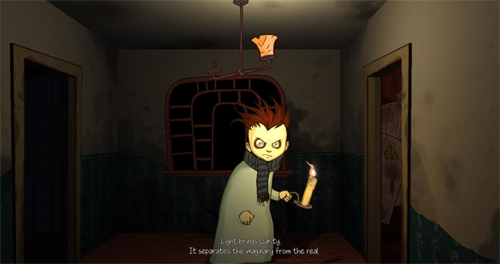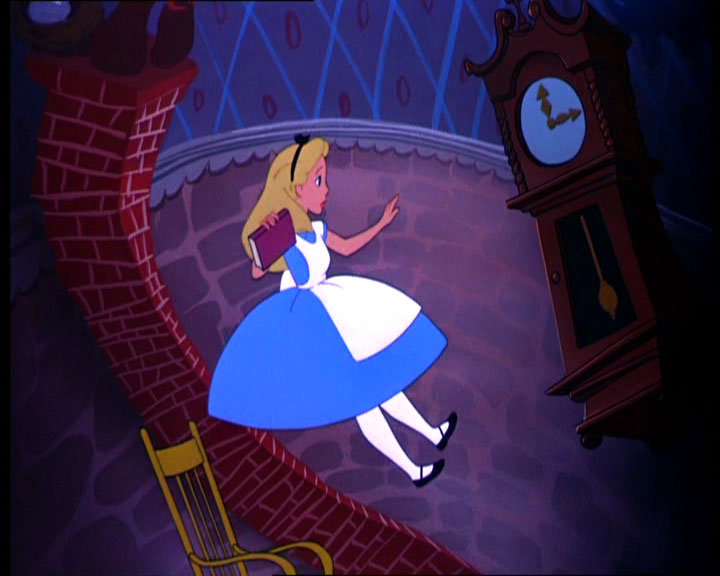Before the week is over and you start getting your GamerGate fatigue (or maybe you already have it), I hope you will indulge me in reading this post, even if it’s the last one you ever read about GamerGate.
(For GamerGaters)
Let me start by saying that I want to thank the proponents of GamerGate. Gamers like you have been a constant presence in my gaming life, ranging from being a mild annoyance to a threatening, terrifying existence that has on occasion stopped me from gaming. You have really fucked yourselves this time. Sarkeesian was on the front page of the New York Times, gamers who have never read a forum in their lives now recognize harassment as a problem in video games, and companies who would have continued to sink money in games for the same tired old market have had their worlds rocked. You have done what 20 years of feminist critique and outrage could never have done: you have simultaneously forced everyone to recognize that this harassment is happening and forced not just players, but also companies, to recognize the need to work toward change. No company or player can go on pretending this is not a problem, and honestly from the bottom of my heart, thank you. The sound of a thousand feminist voices in unison could not be as loud as your angry, entitled cries of “whore,” “bitch,” and “cunt.”
I also want to send a special thank you to those who have continued diligently to be a part of this movement under the guise that you are “fighting to achieve something involving ethics in gaming journalism.” You have shown the world just how toxic gaming culture is. But your voices don’t matter any more, at least not really. You have shown you will reject any grain of truth that you indeed are being sexist and part of the problem, and you have shown that you will die clinging to whatever fucked up utopic vision of you have of “how games used to be.” Because you refuse to reflect on just how fucked up your movement is, people will never take you seriously. And those people have money. And last time I checked, gaming companies only cared about one thing: money.
(For Academics)
That said, I urge those of you who are academics to take a few things away from GamerGate. The technologies we talk about, theorize about, use in the classroom, and hold up as great equalizers are not neutral. As I said in my previous post, technology has blood on its hands. We can no longer talk about games without making sexism a central component. EVER. If we are going to theorize about games in an ethical manner, culture—not algorithms—has to be at the heart of it. An algorithm does not appear from Jesus. It was programmed by a person who works for a company. That company and that person have particular beliefs and experiences and agendas. Even algorithms are created rhetorically, and they hold particular weight in the world beyond the simple procedural function they serve.
Said another way, I beg you to recognize that arguments about gender, sexuality, race, sexism, and so on don’t only belong in the “gender” journal or at the “women’s studies” conference. They belong at the center of what we all do. The sexism reading should be at the beginning of your technology and rhetoric class, not at the end. And there should be more than one! Because for ½ (all?) of your audience, they cannot experience games and technology free from the gendered and sexist life it has led. Those students resisting your pushing of Drupal or forum posting or Zelda may not be resisting because they’re luddites. They may be resisting because every interaction with technology re-enforces that technology is not for girls.
My Computer and Writing conference proposal was initially rejected because “the discussion of sexism and technology belongs at Feminism and Rhetorics conference, not at Computers and Writing” (a decision that was overturned, luckily). Our Games, Learning, and Society conference proposal was rejected on the grounds that issues of sexism were not of interest to those in the games industry. We can change this. We have to change it.
This harassment is not unique to the gaming industry. It happens in most STEM fields and in most technology-producing and technology-dependant industries. It happens in academia; it happens in your classroom. The democratization of objects, the evening out of the ontological playing field, seems like a fun theoretical and philosophical exercise. But I promise you it’s not. And I promise you there are more worthwhile things to think about. The next time you find yourself pontificating over whether “being an object is such a bad fate,” think about GamerGate instead. Think about the ontological consequences of your scholarly work, and think about the consequences of continuing to push work on sexism, feminism, and gender to the margins.





One thought on “GamerGate Fatigue”
TL;DR: “So everyone agrees everything’s about me, right?”